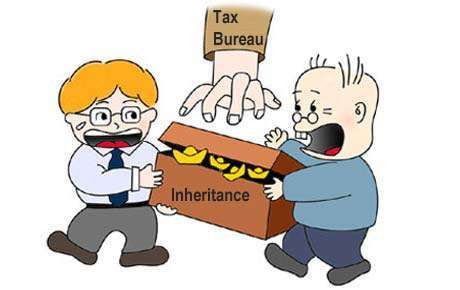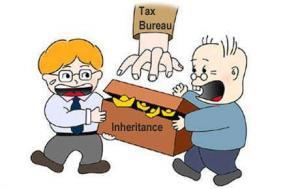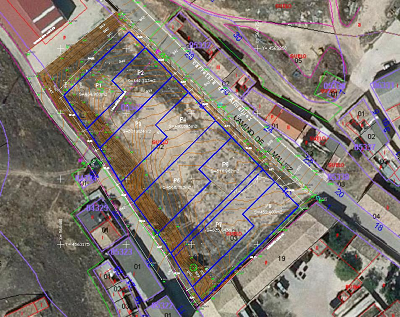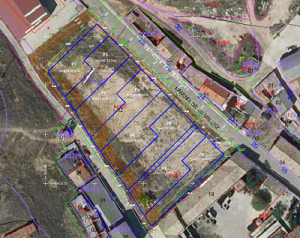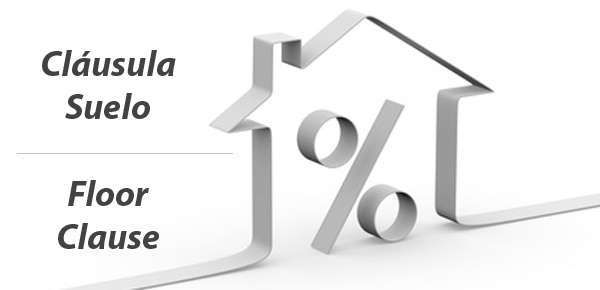THE PURCHASE OF HOMES AND DAFO/SAFO CERTIFICATES IN ANDALUSIA
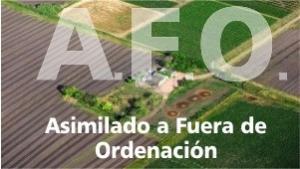
Lately, in the purchase of rural homes, one of the most important points discussed between buyers and sellers is the procedure “Asimilado Fuera de Ordenación”, –DAFO or SAFO–. What it is, what its consequences are, who does it, who assumes the cost, etc.
Basic rules to buy in the countryside in Andalusia
Before talking about this procedure, and based on my experience with clients looking for a home in the countryside, it is necessary to mention that, in non-development land in Andalusia –rural land–, it is not possible:
- To build homes, unless the intention is to engage in agricultural or livestock-farming activities in a professional capacity on the parcel.
- Existing buildings may not be expanded and/or remodelled, both inside and outside. People have to purchase what is already built and no changes are legally allowed.
- It is permitted to build with the intention to operate rural accommodation or a bed & breakfast, but it is necessary to carry out a preliminary operational project – called in Proyecto de Actuación -, that the Government of Andalusia must approve. This procedure can take over 6 months and it is difficult to obtain a positive response from the Regional Government.
It is necessary to take into account that most homes currently sold in the Andalusian countryside are illegal or irregular, i.e. if the authorities had done their work, they should not have allowed construction and, therefore, they should not exist.
The case is that, for most buildings, it is not possible to start any penalty procedures against buildings built without a licence or with an illegal licence on non-development land due to the time elapsed.
This means that legal responsibility is time-barred since over six years have elapsed since the end of construction. When we refer to non-development land with any special protection, the period of six years does not apply.
What buildings can and cannot be constructed in the countryside
In non-development land, a construction licence cannot be granted to remodel or rebuild. For instance, in the event of a fire when the home would be completely destroyed, it´s not allowed be rebuilt.
It is possible to grant a licence for small repairs or modifications necessary for the habitability and safety of the home, such as, for instance, replacing part of the roof or a wall that has been damaged or has collapsed.
Why was DAFO/SAFO created?
Because of the above, the Government of Andalusia approved regulations in 2012 with the idea to regularise, not legalise, thousands of homes built on non-development land –rural land–, in breach of urban-planning regulations. Since 2012, City Councils have started to create internal regulations to govern this procedure.
Speaking colloquially, with the resolution of Assimilated out of Ordination – Asimilado Fuera de Ordenación -, the goal is to have a record with a specific date of what has been built on that property –both inside and outside each building–, how many years have elapsed since construction and to certify that the home can continue to exist without penalties in the future, even though it will not be possible to expand it and/or remodel it or to build new structures.
This is not a legalisation because the home is left outside urban regulations –as it was built illegally– but it is a regularisation as the City Council itself certifies this legal situation and confirms in writing that it will not be possible for this home to be subject to a penalty due to the time elapsed.
The legal situation of a home in non-development land does not change after receiving the resolution of DAFO/SAFO from City Hall, i.e. the home will continue to be illegal as it was built on land where construction is not allowed but, since the time limit established by law to issue a penalty for this infringement has elapsed, this procedure against the owner cannot be started due to this situation. With or without a DAFO certificate, the legal situation remains the same.
DAFO/SAFO Procedure
In this procedure, it is necessary to have a project by an architect, to pay a fee on the value of the building on the date it was built, which may range from 2.5% to 4.5% depending on the City Council where the property is located, and the City Council will also verify the water and electricity supply as well as the need for a septic tank so that the home can comply with regulations.
It will actually be the architect paid by the owner who will inform, in his or her project, everything necessary for the home to be eligible for a DAFO certificate. Once the project has been submitted, the architect from the City Council will visit the property to inspect it and verify whether it complies with the requirements for a DAFO certificate.
Once this procedure is completed, which may take between 4 and 6 months, the City Council will issue a resolution certifying Assimilated out of Ordination – Asimilado Fuera de Ordenación -, from Regulation for that home and all structures built on the plot.
Is DAFO mandatory for the sale of a home?
To buy or sell a property, holding a DAFO/SAFO certificate is not a legal requirement. That being said: is obtaining a DAFO/SAFO certificate for a property good or bad?
In favour of the DAFO certificate, we can mention that buyers will have the certainty that what has been built already cannot be subject to a penalty and/or demolished because it is accredited in writing that legal responsibility is time-barred, with the certificate from the City Council granting the DAFO certificate. Likewise, it will provide certainty that the City Council will not require you to obtain a DAFO/SAFO certificate for the home in the future, as the procedure was already completed at the time of purchase.
It should be taken into account that, currently, nearly no City Council offers any information in writing regarding a property built on non-development land unless it holds a DAFO certificate or processes it.
This means that, if you go to get something in writing, they tell you that you certainly can but you first need to process the DAFO certificate for your home. This means that, if you do not want to obtain a DAFO certificate for any reason, it will be very difficult for buyers or their lawyers to obtain information in writing about the property.
The downside of having the DAFO is that, if there are any structures or remodelling –inside or outside– completed within the last six years or if the land on which the property is located is subject to any type of protection (and it can´t be proven that the buildings are old enough), applying for this procedure can only cause problems to the owner as the City Council will be required to initiate penalty procedures.
Likewise, if the new owner is thinking about remodelling after buying the home –ignoring the advice of a good lawyer–, the City Council will already be perfectly aware of what had been built before and it will be easier for them to prove that the structure has been remodelled or some variation has taken place.
It is also necessary to take into account that it may be possible for a property to obtain a DAFO certificate in 2016 and remodelling or expansion of that home to take place in 2017. What I mean with this is that complete certainty in this sense can never be achieved.
Current status of the DAFO certificate
It is true that the processing of this certificate is starting to become common at City Councils because they have also realised that it´s tax payment is an important source of income.
Many City Councils have an unwritten rule to start an application automatically when they receive or someone requests any type of information and/or documentation about a property on rural land, so we can say the owner would be obliged to make the DAFO.
In the situation mentioned above, many buyers want to prevent having to pay for the cost of the procedure themselves, which has resulted in an increasing number of buyers requiring the seller to process it and pay for it.
It is also true that, in some sale transactions where a DAFO certificate is not desired, a reduction in the sale price is usually agreed with the seller and the new owner will decide whether to apply for it in the future.
Is possible to get a mortgage in a property with DAFO?
Another issue that some clients ask about, is whether it is possible to grant a mortgage for a property with a DAFO certificate.
On this matter, the reality of the property market goes beyond the legal limitations in force since 2009 as, even though it is not theoretically possible to grant a mortgage for buildings or structures exempt from regulations, the reality is that there are banking entities that do grant mortgages for properties out of ordination or assimilated out of ordination, i.e. rural properties.
In my opinion, if there is money to be made, banks will not stop granting mortgages for properties of this type -with or without DAFO- regardless of what the Decree of 2009 says. Obviously, mortgages approved for these properties usually offer a lower loan amount and not all banks offer mortgages on rural land.
Buying and selling homes in rural land
When buying and selling homes in non-development land, for them to be able to be included in the property market, with or without a DAFO certificate, there are no limitations or restrictions. This means that most of these properties are registered in the Property Registry and in the Cadastre and have already been sold or bought on different occasions even though few yet hold a DAFO certificate.
Currently, there continues to be an important portfolio of potential buyers interested in properties in the countryside.
The important thing, when someone is looking to buy a property on rural land, is for buyers to know what they are buying, be aware of the legal limitations of properties on rural land, and receive specific legal information about the property, with or without a DAFO certificate. This will enable them to make a decision with full awareness of the legal status of the property.
A lawyer to buy a property?
Lastly, it’s not that we’re trying to promote our services –well, maybe a little–, but in the purchase of a home, especially for homes like these, having a lawyer is never a bad idea as his or her fee will cost very little in comparison to the purchase price and can save you from many headaches or costly problems in the future.
Author: Gustavo Calero Monereo, lawyer at C&D Solicitors Torrox (Málaga, Andalusia)





